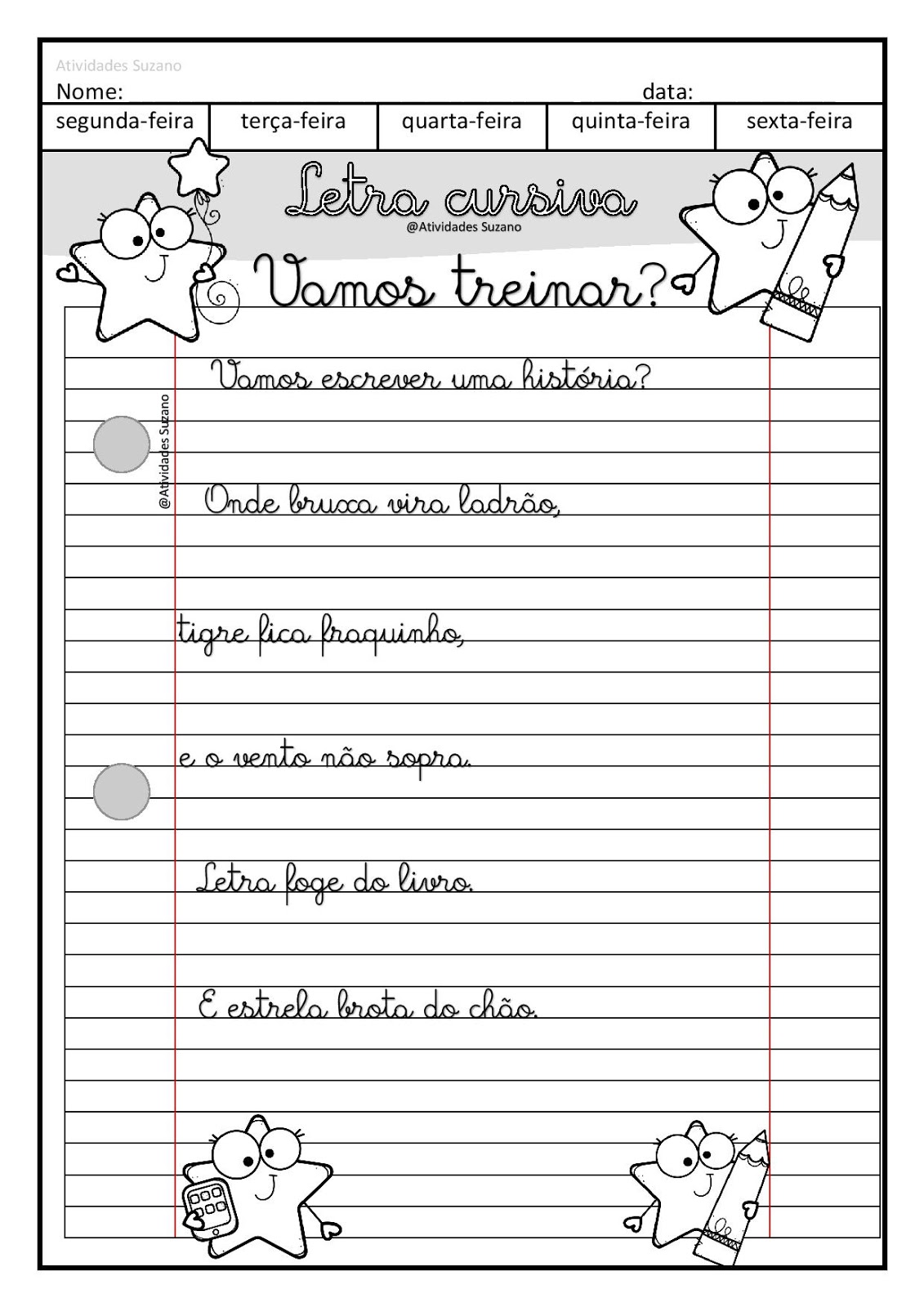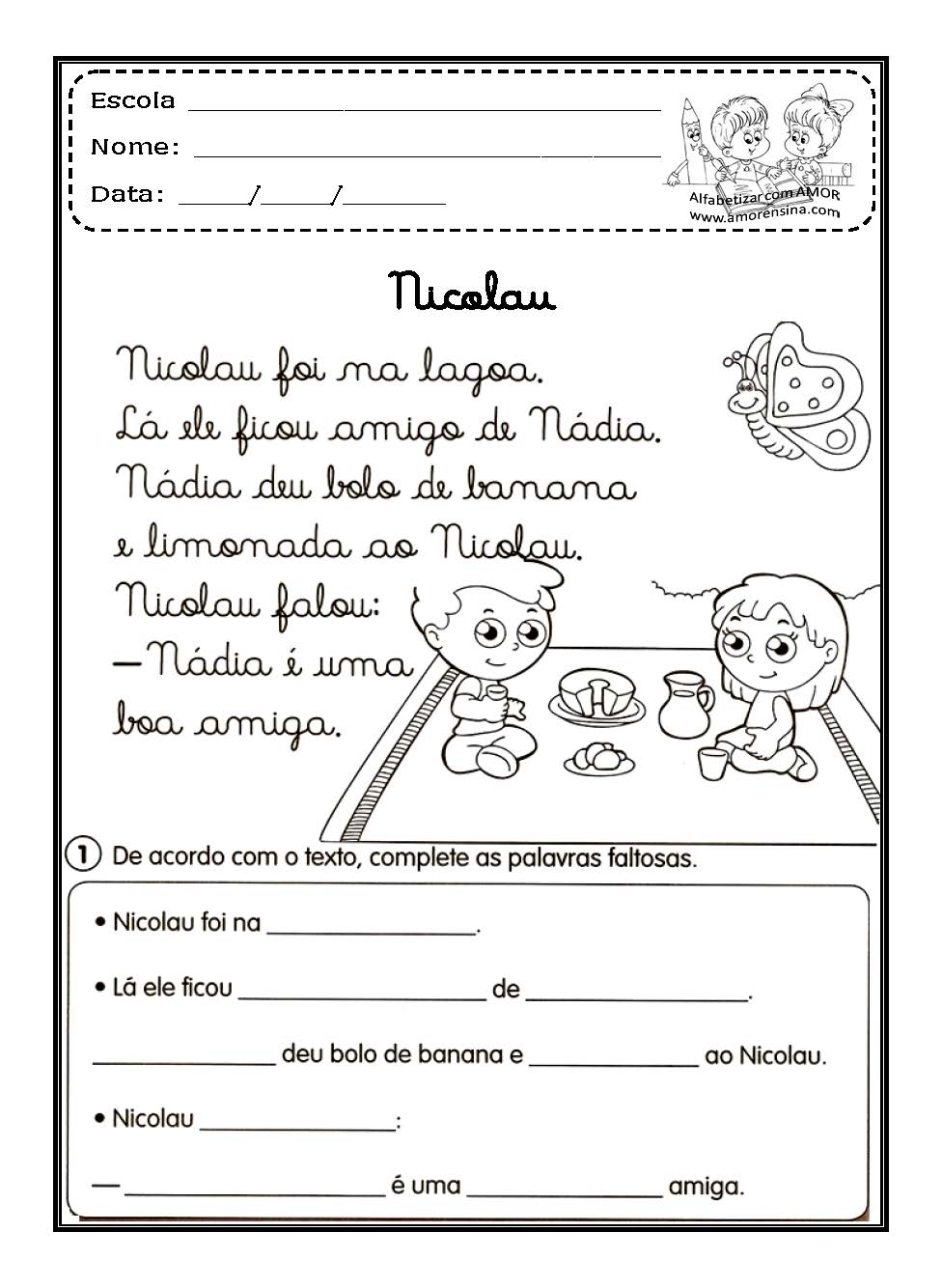Mastering Cursive Writing: A Guide for Young Learners
In an increasingly digital world, the art of cursive writing might seem like a relic of the past. However, for young learners, particularly those in the fourth grade, mastering this elegant script offers a wealth of benefits. Cursive writing, with its flowing strokes and connected letters, is more than just a visually appealing form of penmanship. It plays a crucial role in developing fine motor skills, cognitive abilities, and even a deeper understanding of language.
Imagine a child proudly signing their name for the first time in graceful cursive, their penmanship a testament to their dedication and practice. This accomplishment not only boosts their self-esteem but also lays the foundation for a lifelong appreciation for the written word.
The journey of learning cursive writing often begins in the third or fourth grade. This is a time when children have developed sufficient hand-eye coordination and fine motor control to tackle the intricacies of joined-up lettering. However, the transition from print to cursive can pose challenges. Children may struggle with letter formation, connecting letters smoothly, and maintaining consistent size and spacing.
Despite these challenges, the benefits of perseverance far outweigh the initial hurdles. Cursive writing engages the brain in unique ways, enhancing memory retention, improving spelling accuracy, and fostering creativity. When children write in cursive, they're not simply transcribing letters but rather engaging in a rhythmic dance between their hand and mind.
The flowing movements of cursive writing demand greater focus and coordination, which in turn strengthens neural connections in the brain responsible for memory and learning. Studies have shown that students who regularly practice cursive writing tend to perform better in reading, writing, and even critical thinking tasks.
Advantages and Disadvantages of Cursive Writing
While cursive writing offers a myriad of benefits, it's essential to acknowledge both its advantages and potential drawbacks in a balanced manner.
| Advantages | Disadvantages |
|---|---|
| Improved fine motor skills and hand-eye coordination | Can be challenging to learn initially, potentially leading to frustration |
| Enhanced memory retention and cognitive processing | May slow down writing speed compared to print in some cases |
| Increased writing speed and fluency once mastered | Less common in the digital age, potentially limiting its practical use |
| Develops a unique and personal writing style | Requires consistent practice to maintain proficiency |
To ensure a smooth and enjoyable cursive writing journey for young learners, consider implementing these practical tips:
- Start with proper posture: Encourage children to sit upright with their feet flat on the floor, ensuring a comfortable and stable writing position.
- Introduce letters gradually: Begin with lowercase letters, grouping them by similar strokes and formations. Focus on mastering one group before moving on to the next.
- Emphasize consistency: Encourage children to maintain consistent letter size, spacing, and slant throughout their writing.
- Make it engaging: Incorporate fun activities, such as writing prompts, stories, or even personalized notes, to make cursive writing enjoyable and meaningful.
- Celebrate progress: Acknowledge and praise every milestone achieved, boosting children's confidence and motivation to continue practicing.
Mastering cursive writing is a valuable skill that empowers children with a lifelong tool for expression, communication, and learning. By providing them with the right resources, encouragement, and opportunities for practice, we can foster a love for this elegant art form and unlock its cognitive and creative potential.
Decoding elphaba the wicked witchs rise in wicked
Transform your home with benjamin moore wood stains
Decoding the black moon emoji meaning and mystery














